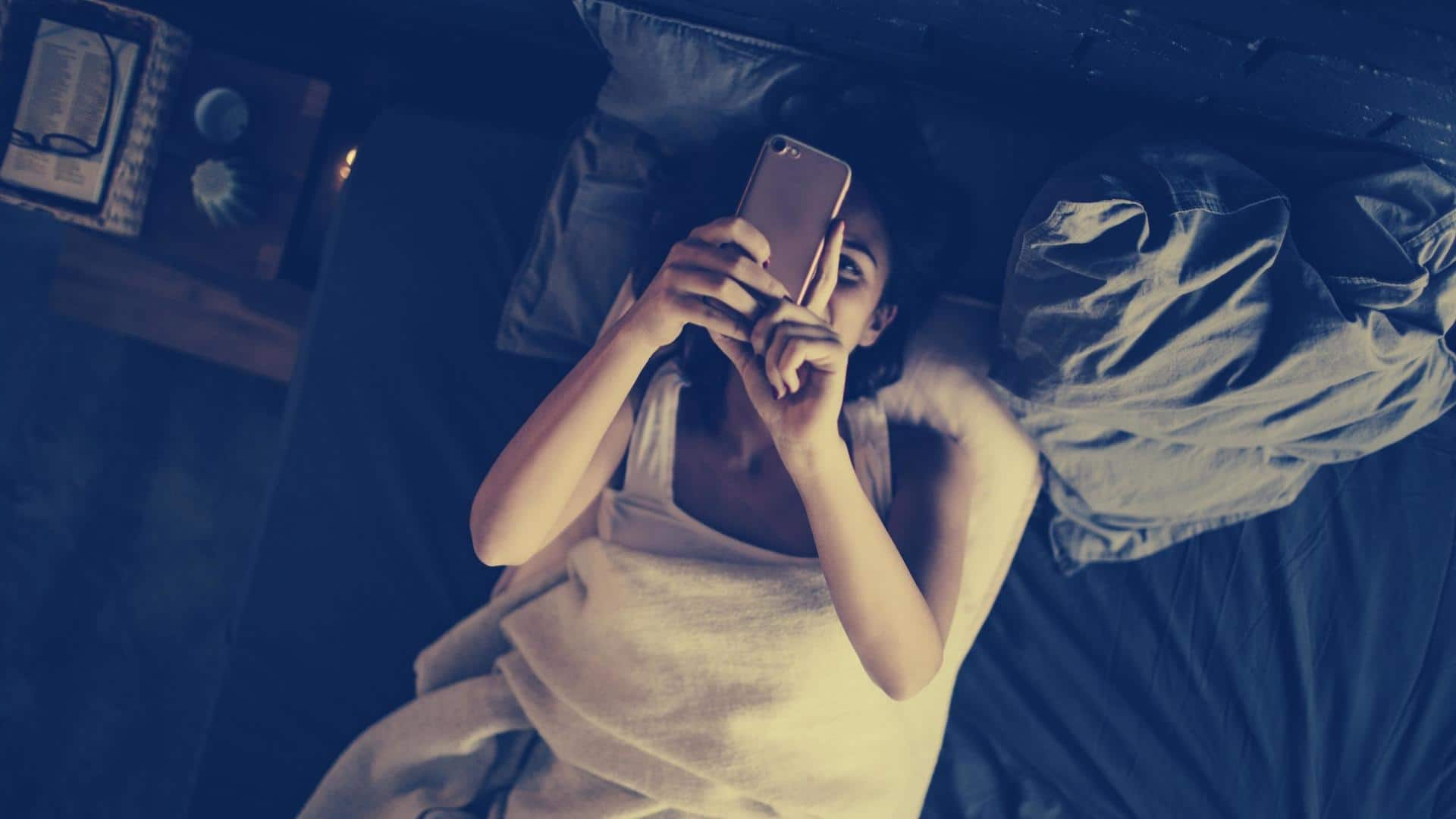
What is revenge bedtime procrastination?
What's the story
Staying up late, and then waking up in the morning only to regret you should have slept on time - been there, done that! You know you need to sleep, but still choose to stay awake and do what you like to do, trying to buy more time for yourself. This common modern-age problem has been termed revenge bedtime procrastination. Here's more about it.
Definition
Definition of revenge bedtime procrastination
Revenge bedtime procrastination is simply refusing to fall asleep so that one can engage in activities that they didn't get time for during the day. It is a way to find time for leisure and entertainment at the cost of one's sleep.
Origin
How did the term originate?`
The term "bedtime procrastination" was first introduced by a 2014 study from the Netherlands. The word "revenge" was added later, first in China where people would often work 12 hours a day and stay up till late in a bid to reclaim some control over their time. However, the term became popular only after a viral tweet by journalist Daphne Lee.
Symptoms
How to know if you are a revenge bedtime procrastinator?
Staying up late not because of being unwell or due to some event, but out of one's own will. This may look like scrolling through social media posts, binge-watching shows on streaming platforms, or even engaging in high-intensity activities. Those who engage in such behavior are fully aware of the negative consequences of sleeping less, but they choose to stay awake anyway.
Causes
Why do we experience it?
The primary reason for sacrificing sleep stems from the lack of free time in one's daily schedule. During the pandemic, many started experiencing sleep problems. The line between professional and personal lives had become increasingly blurred, and as a result, people struggled to find "me-time." It became a way for many to squeeze in some precious me-time by staying up late.
Effects
Impacts on overall health
Staying up late once in a while is excusable to some extent. However, once it becomes a habit, problems start to creep in. Sleeping late followed by waking up early can lead to sleep deprivation. This can lead to a reduced ability to function the next day and can also start to affect your physical and mental health over time.
Treatment
How to cope with it?
There's no better coping mechanism than having good sleep habits. To start with this, be more aware of why you engage in such behavior. Try to stick to a consistent bedtime and wake-up time each day. Avoid alcohol and caffeine in the evening. Put away your phone for at least 30 minutes before you go to bed. Start your nighttime routine earlier than usual.